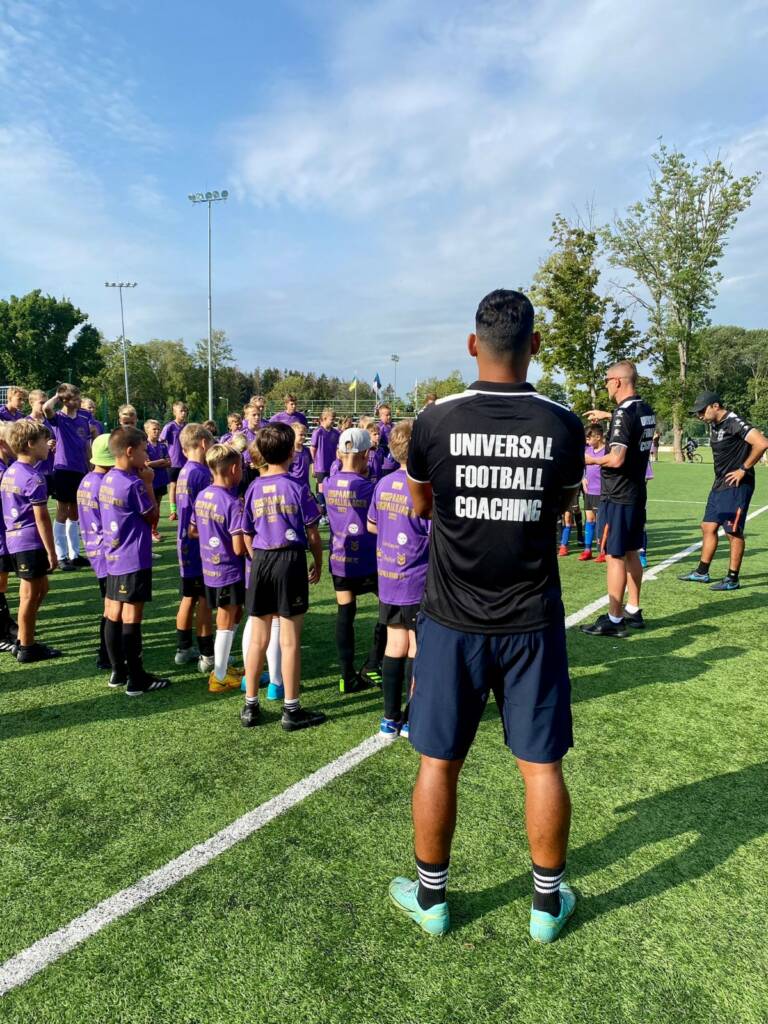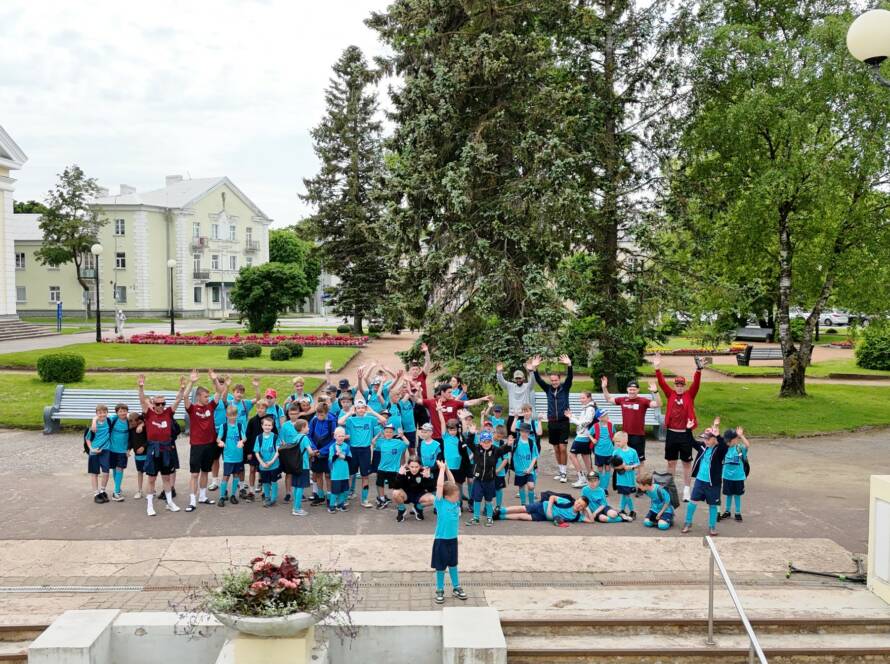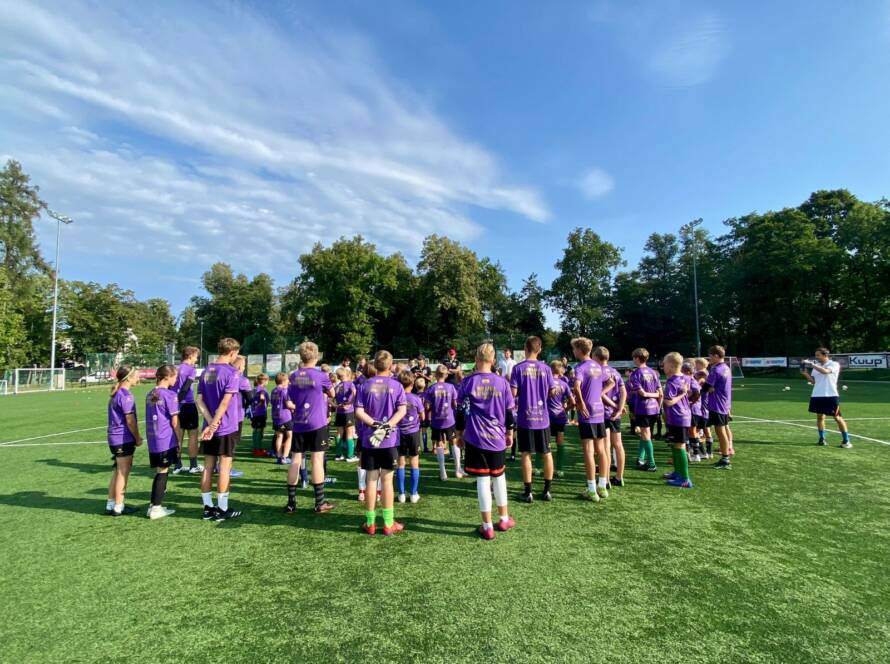Introduction
Football has become a global game. If we want young players to grow according to international standards, we must be open to global knowledge — including through foreign coaches. Across the world, more and more academies and youth programs are integrating international expertise into their training systems.
But what exactly does this bring? And how can international coaching accelerate long-term development?
1. A Foreign Coach Is More Than Just a “Foreigner”
A coach from another country brings much more than a different passport or language. They offer:
- Alternative methodologies, often shaped in highly competitive football cultures (Spain, Germany, Brazil);
- A new mindset that shifts the focus from physical dominance to tactical understanding, decision-making, and game intelligence;
- Different approaches to motivation, discipline, and communication with players.
📌 Example:
The Spanish Football Federation runs partnerships with academies in Asia, Eastern Europe, and Africa. These coaches teach ball control, positional play, and spatial awareness — cornerstones of the renowned La Masia system.
2. What Young Players Gain from International Coaching
For a young player, training with a foreign coach is more than a novelty — it’s a developmental breakthrough.
They gain:
- A fresh perspective on the game: “There’s not just one way to play.”
- Exposure to new styles of communication, including verbal (English) and non-verbal.
- Higher motivation: an international coach commands respect and attention.
These experiences encourage adaptability, reflection, and a deeper connection to football as a global culture — skills that benefit not just athletic performance, but life itself.

3. Benefits for Local Coaches and Clubs
Foreign coaches don’t replace local professionals — they expand their knowledge and challenge their routines in a constructive way.
Clubs and coaches benefit through:
- Exchange of ideas and training methods;
- Collaborative planning of development strategies;
- Renewed energy and external perspective on common problems.
📊 According to the UEFA Coaching Convention (2022), youth academies engaged in international coaching exchanges demonstrated increased adaptability, stronger coach–player communication, and improved training quality across the board.
4. Effective Formats for Bringing in Foreign Coaches
Not every club needs a full-time foreign staff member. There are flexible and impactful models:
- Masterclasses or short-term camps (1–2 weeks) — to inspire and introduce new methods;
- Seasonal or long-term roles (6+ months) — to embed philosophy and transform systems;
- Coach exchange programs — where both local and foreign coaches benefit from collaborative learning.
💡 Key to success: don’t isolate the international coach — integrate them. Let them co-lead sessions, train the staff, and adapt together.
5. Who’s Doing It — Global Examples
This trend is already part of national football strategies:
- Estonia, Latvia, Poland — regularly collaborate with coaches from Spain, Portugal, the UK, and Germany.
- Japan and South Korea — employ Dutch and German coaches in elite youth academies.
- USA & Canada (MLS academies) — host hundreds of European trainers to shape youth development.
- China, UAE, and India — invest in large-scale programs to attract UEFA Pro-licensed professionals.
6. Potential Challenges — and How to Overcome Them
Like any integration process, there are risks:
- Language barriers — resolved by using English as a bridge language or hiring interpreters.
- Cultural misunderstandings — reduced through onboarding, mentorship, and open dialogue.
- Misalignment between expectations and local realities — managed through clear goals and adaptive strategies.
The goal is not to import a “foreign system” — but to build a collaborative, evolving model of growth.
Conclusion
Inviting foreign coaches is not a trend — it’s a strategic investment in the future.
It’s about building bridges, expanding football education, and exposing young players to global ways of thinking, playing, and growing.
When done right, international coaching strengthens local systems, empowers players, and builds a future-ready football culture.
Goality 360 integrates global expertise:
Camps. Education. Masterclasses. Mentorship. Real growth.
Want your players to learn from the best — consistently and purposefully?
Follow Goality 360.
Play. Grow. Win.



